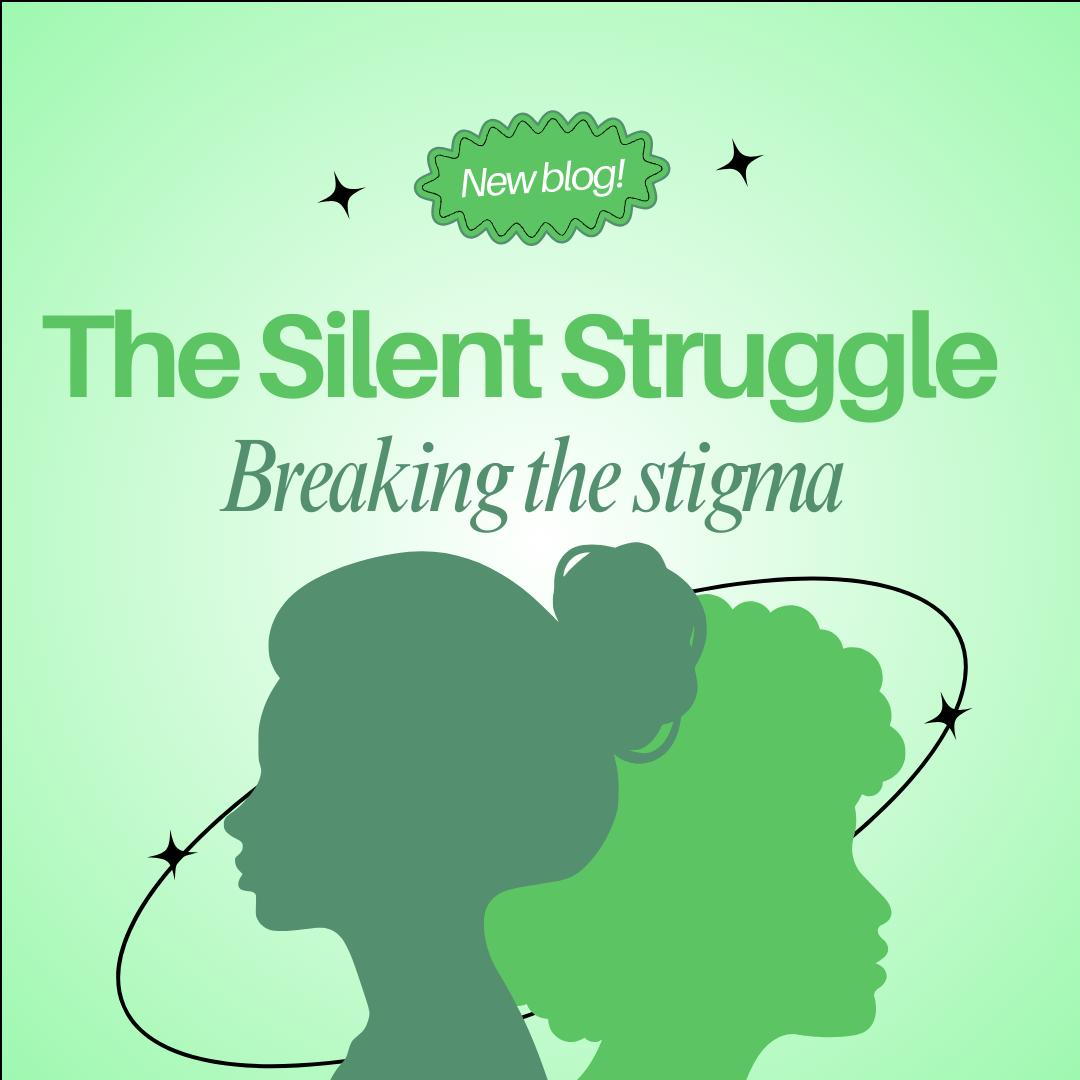
In this week’s blog, we want to shed a light on the stigma around women’s mental health and how it remains a formidable barrier for women seeking help.
Women often navigate a myriad of societal expectations and gender-specific roles, which can significantly impact their mental health. From the pressure to excel in their careers while managing family responsibilities to societal beauty standards perpetuated by the media, women face a constant barrage of stressors. Additionally, experiences such as gender-based violence, discrimination, and systemic inequalities further exacerbate mental health challenges.
Biologically, women undergo unique experiences such as menstruation, pregnancy, childbirth, and menopause, each of which can influence mental health. Hormonal fluctuations during these stages can contribute to mood disorders like depression and anxiety. Moreover, conditions such as postpartum depression highlight the need for specialized support tailored to women's physiological and psychological needs.
How can you help? Empowering women to prioritize their mental well-being is paramount. This involves fostering environments that validate women's experiences, promote self-care practices, and provide access to inclusive mental health services. Cultivating supportive communities where women can share their stories without fear of judgment fosters resilience and solidarity. Advocacy efforts are also instrumental in driving systemic change. This includes advocating for policies that ensure equitable access to mental health resources, funding research on women's mental health concerns, and integrating gender-sensitive approaches into healthcare systems. Additionally, promoting comprehensive sex education and de-stigmatizing conversations about menstruation, reproductive health, and menopause are critical steps in empowering women to take charge of their mental well-being.
Let’s continue the conversation, learn to prioritize our mental health, and empower other women to do the same.
